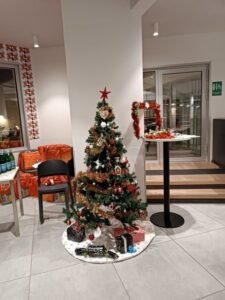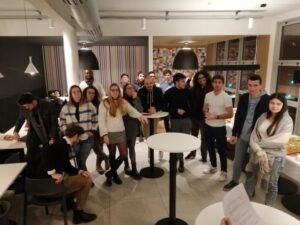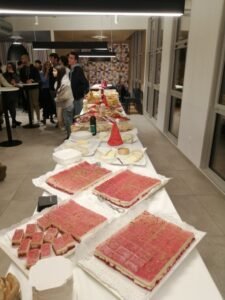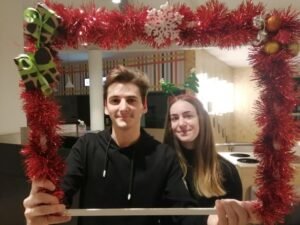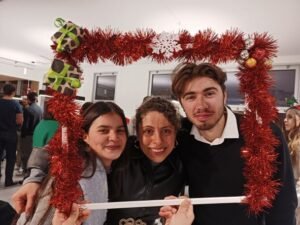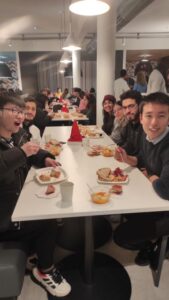1
I have applied for an exchange programme at UTC and I have been nominated by my home university.

The University of Technology of Compiègne (UTC-Compiegne) appears in the ranking of the best French engineering schools. Through its policy of development and international influence, UTC regularly signs exchange programme agreements with numerous foreign institutions. While offering a proximity with the capital city Paris, incoming exchange students benefit from an environment favourable to their studies and to their personal development.
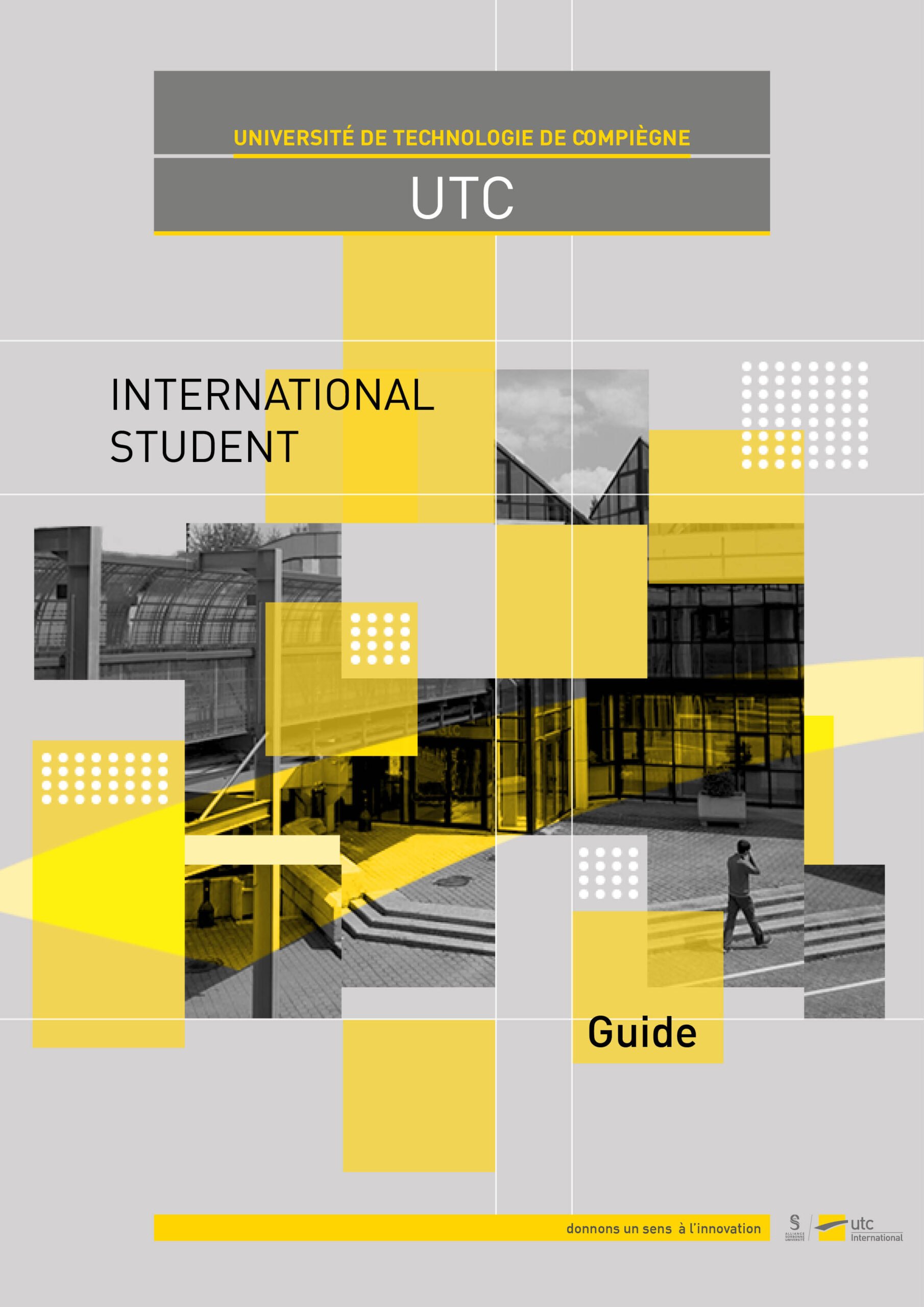
This guide was developed by students and the international relations office of UTC to help international students preparing their arrival, and spend the best time possible at UTC and Compiègne.
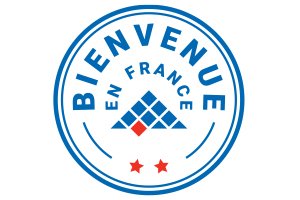
The "Bienvenue en France [Welcome to France]" label distinguishes French higher education institutions that have developed facilities for international students. The label is a sign of confidence and attests to the quality of the welcome and represents a promotional tool for the institution.
The indicators particularly recognized for UTC are those of the quality and accessibility of information, the quality and accessibility of the host facilities, the quality and accessibility of the training offer and teaching support, accommodation and the quality of life of the campus, and the quality of post-graduation follow-up of the international students.



The students arriving in Compiegne in the framework of our Double Degree agreements are registered at UTC for 4 semesters (3 semesters of course-work and 1 semester for an internship in a enterprise). They obtain the UTC diploma (under conditions of their academic results) and the diploma of their home university.
Students from partner universities with whom we have signed a DD agreement are eligible to apply for our double degree.
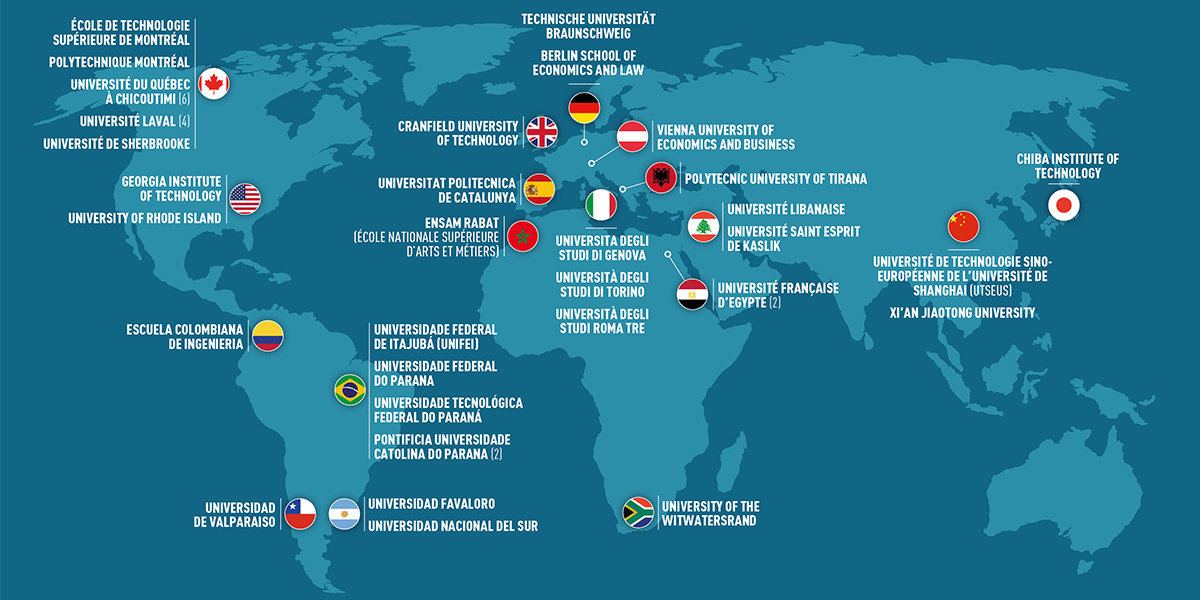

Today, about 20% of UTC’s matriculated students are foreigners, of which a significant part comes from the Asian continent. Students with impressive academic backgrounds, such as Dhivenya Rajarathinam, a Malaysian student who is currently finishing her studies, majoring in Mechanical engineering!

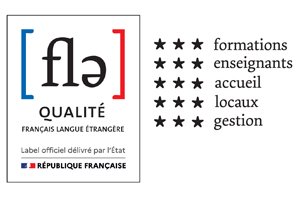
The Centre de Français Langue Etrangère of the Université de Technologie de Compiègne was awarded the Label Qualité FLE in 2015, awarded by the Centre International d'Etudes Pédagogiques.




The Certificate of Advanced Studies in Technology (CEST) is obtained at the student's request. This certificate is delivered by the Service administration des études (SAE) following a jury whose composition is fixed by the director of the UTC, on the proposal of UTC’s Director of training and pedagogy (DFP).
For the attribution of the certificate, foreign students in exchange agreement must have acquired a minimum number of ECTS credits.

The UTC proposes a certain number of UVs which call for practical knowledge and which are organised around projects. The students who choose to follow these UVs (CCs) work in small groups in close collaboration with a lecturer.
The content of these courses is published before each semester and students are free to register for whatever they choose. In addition, students who wish to do so can do a professional work placement in a enterprise.
The internship must necessarily be preceded by a semester of study at UTC-Compiegne.
1
I have applied for an exchange programme at UTC and I have been nominated by my home university.
2
I have to fill in the application form sent to me by the UTC International Relations Office and send it back to them by e‑mail at the following address: incoming@utc.fr.
Deadline for submission of your application file – Autumn semester: 20 April.
Deadline for submission of your application file – Spring semester: November 1st.
3
Please note that your application may be refused by the UTC if your level of French does not correspond to the level required by the bilateral agreement.
4
Examination of complete applications by the international coordinators of the departments.
If your application is accepted, you will receive your letter of acceptance as well as your file for the accommodation application via the CROUS.
5
FLE (French language) session in Compiègne (if you are registered for this session)
6
Before attending my first classes at UTC, I am required to attend the pre-entry and the admission days protocol.
7
Welcome to UTC-Compiègne!
Welcome to France!


Avoid arriving at the weekend as you will not be able to collect the keys to your university residence and, moreover, there is very little transport during weekends to Compiègne

To rent accommodation you need a guarantor. This is a person who will vouch for you in case you have problems to pay your rent. The French government has introduced a "Visale" guarantee to enable students without a guarantor to secure accommodation. Please check all the headings in this section before you arrive.



At UTC, you are never alone!
Buddy system (https://buddysystem.eu/fr/the-project)
Association ESN esperanto (contact: esperanto@assos.utc.fr)
Each UTC student has a teacher as an advisor to help them in times of need.
Each department assigns a professor to ensure the international coordination and thereby help the exchange students at the UTC.
A student life office is available to assist you in all aspects of student life: bve@utc.fr
The International Relations Office organizes fun events during the semester, such as the end-of-year student party:
